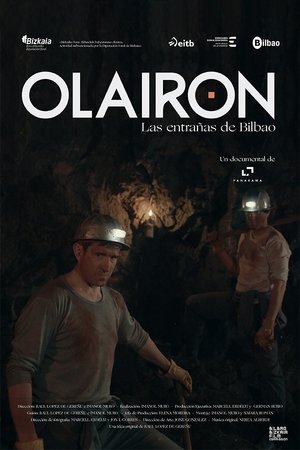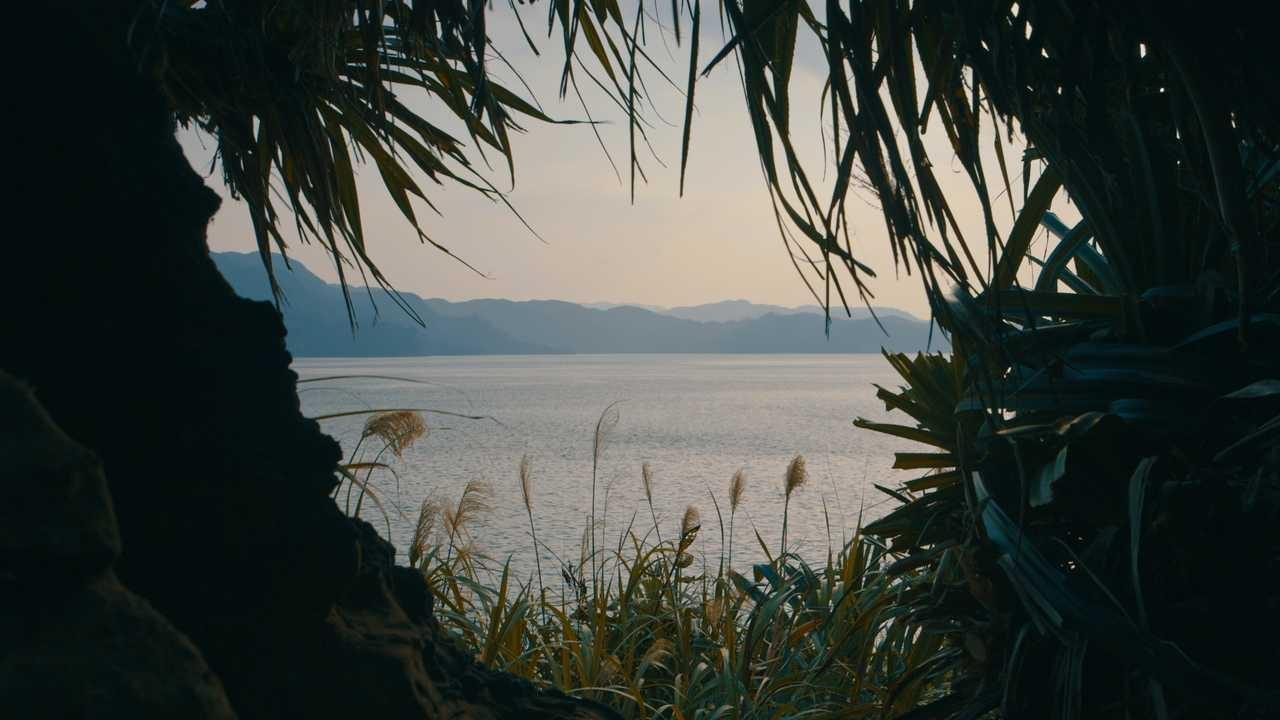
Green Jail(2021)
The film follows the last 4 years life of Grandma Hashima, the last existent from colonial Taiwan, who knows the secrets of "Green Jail," the notorious coal mine before World War II on Iriomote Island, Okinawa, Japan.



Movie: Green Jail
Top 2 Billed Cast
Yoshiko Hashima
Louis Leslie Kimura
Video Trailer Green Jail
Similar Movies
 0.0
0.0From Okinawa with Love(ja)
An Okinawan photographer, Mao Ishikawa spent her early 20s working as a barmaid in establishments catered specifically to African American GIs stationed in Okinawa. “There was love,” as the tagline reads, her photography book, 『Red Flower – The Women of Okinawa』 captured the diaristic intimacy of friendships, love affairs, and wild nights shared amongst her social circle of that time.
 0.0
0.0Old Women(sh)
Short Croatian documentary by Ante Babaja that centers around the everyday lives of elderly Yugoslav women.
 9.0
9.0Battle of Okinawa in Color(en)
By mid-1945, Hitler is dead and the war has ended in Europe. Halfway around the world, however, the fighting is still going strong on a small island in the Pacific. Okinawa was the site of the last battle of the last great war of the 20th century, with a casualty rate in the tens of thousands. Through it all, military cameramen risked their lives to film the conflict, from brutal land combat to fierce kamikaze attacks at sea. See the footage they captured and experience this intense battle the way the soldiers saw it -- in color.
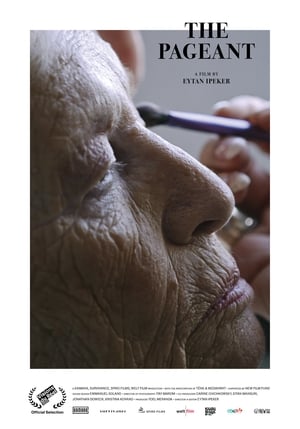 4.5
4.5The Pageant(he)
Every year since 2011, a unique beauty contest has been taking place in Haifa. The contestants are female survivors of the Holocaust. In the midst of this flashy spectacle, their personal traumas remain as deep as ever. There are many things about this contest that are controversial: it is organized by the right Zionist organization, the International Christian Embassy Jerusalem, and the dubious contest itself rises the public indignation of various speakers, including other survivors.
 0.0
0.0Men of the Deeps(en)
Acclaimed documentarian John Walker catches the legendary Cape Breton Miner’s singing group The Men of the Deeps just as the last mines on the island are shut down. Featuring ravishing cinematography of Cape Breton, and plenty of music, Men of the Deeps is a deeply touching portrait of a culture that still survives despite the ultimate end of an industry, and a tribute to the men and the songs that kept things moving on the Island for almost two hundred years.
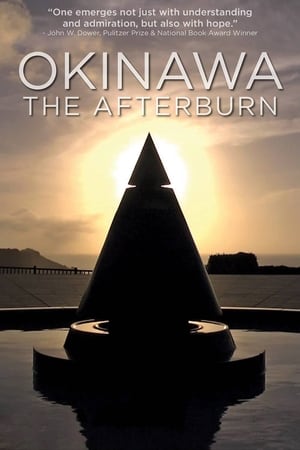 1.0
1.0Okinawa: The Afterburn(ja)
On April 1, 1945, the United States military launched its invasion of the main island of Okinawa, the start of a battle that was to last 12 weeks and claim the lives of some 240,000 people. This film depicts the Battle through the eyes of Japanese and American soldiers who fought each other on the same battlefield, along with Okinawa civilians who were swept up in the fighting. The film also depicts the history of discrimination and oppression forced upon Okinawa by the American and Japanese governments. Carrying up to the current controversy over the construction of a new base at Henoko, the film explores the root causes of the widespread disillusionment and anger expressed by many Okinawans. This ambitious documentary was directed by the American John Junkerman, long-term resident of Japan and Oscar-nominated documentary filmmaker. Okinawa: The Afterburn is a heartfelt plea for peace and an expression of deep respect for the unyielding spirit of the Okinawa people.
 9.0
9.0BABYMETAL LEGEND - 43 The Movie(ja)
In April 2023, SU-METAL (vocal, dance), MOAMETAL (scream, dance), and MOMOMETAL (scream, dance) entered a new stage as the new BABYMETAL, and since then, they have embarked on their largest-ever world tour, "BABYMETAL WORLD TOUR 2023-2024," visiting 25 countries including Japan. The 98 performances, excluding festivals and guest act appearances, recorded a total audience of over 280,000 people.
 4.8
4.8Standing Army(en)
Standing Army, directed by Enrico Parenti and Thomas Fazi, is an award-winning documentary film about the global network of U.S. military bases, the impact that these have on local populations, and the military-industrial complex that lies behind it.
 6.5
6.5Which Side Are You On?(en)
The documentary features the British miners and their family experiences told through songs, poems, pictures and words.
 7.0
7.0143 Sahara Street(fr)
Alone in a small white house on the edge of national road 1, the Trans-Saharan road, which connects Algiers to Tamanrasset crossing the immensity of the desert, Malika, 74, one day opened her door to the director Hassen Ferhani, who came there to scout with his friend Chawki Amari, journalist at El Watan and author of the story Nationale 1 which relates his journey on this north-south axis of more than 2000 km. The Malika of Amari's novel, which Ferhani admits to having first perceived as a "literary fantasy", suddenly takes on an unsuspected human depth in this environment naturally hostile to man. She lends herself to the film project as she welcomes her clients, with an economy of gestures and words, an impression reinforced by the mystery that surrounds her and the rare elements of her biography which suggest that she is not from the region, that she left the fertile north of Algeria to settle in the desert where she lives with a dog and a cat.
 7.0
7.0The Visit and a Secret Garden(es)
Little is known about the figure of Isabel Santaló, an old artist, today fallen into oblivion. But occasionally some visitors come to her flat. Through them and the voice of Antonio López (Dream of Light, Víctor Erice), the only painter who remembers her, we shape a multifaceted film. This is a cinematic portrait, which well into the film takes a surprising turn. A film that reflects on memory and oblivion, art and the creative process; posing the question of what it means to be an artist and a woman.
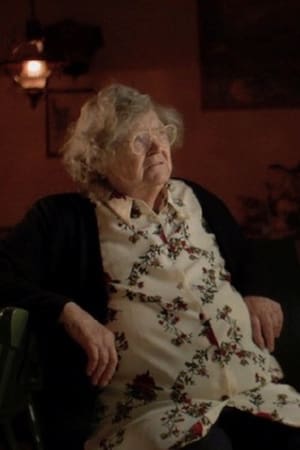 7.0
7.080.000 Schnitzel(de)
Battering, breading, frying – Berta has prepared thousands of schnitzels in her old cast-iron pan over the years. This 83-year-old landlady’s life on the family farm with adjoining guest house in the Upper Palatinate has been marked by constant hard work. A life that her granddaughters Monika and Hannah never wanted to lead. Now, the deeply indebted farm is on the brink of collapse. Despite having an academic background and contrary to her intentions, Monika, in her early thirties, decides to give up her modern life and save the family business. The two women join forces and give themselves a year to sort out the farm’s problems.
Coal's Deadly Dust(en)
Coal miners are dying from the resurgence of an epidemic that could have been prevented. FRONTLINE and NPR’s joint investigation revealed the biggest disease clusters ever documented, and how the industry and the government failed to protect miners.
Behind Time, Time Comes(pt)
“Behind time, time comes” interlaced with folk songs, narrates the rhythms of rural life, where time and its weight, shape and define the landscape, as well as the lives that compose it. Accompanying the reminiscences of a group of women from the parish of Dornelas, Sever do Vouga, Portugal.
 6.0
6.0With or Without You(ko)
Back in the days, Choi Maggi an old lady accepted Kim Chunhee as her husband’s second wife to continue the family tree as she has lost her two sons in the past due to measles and typhoon. This story is more dramatic than any drama because even after the death of their husband they live together. The director does a good job in expressing the lives of these two old ladies without any exaggeration. The daily life and relationship of the two ladies eating, washing and working is described in a very detailed script. Through this film you will feel the eager echo of the proposition of life that exceeds the standard of happiness and misfortune. (KIM Youngjin)





